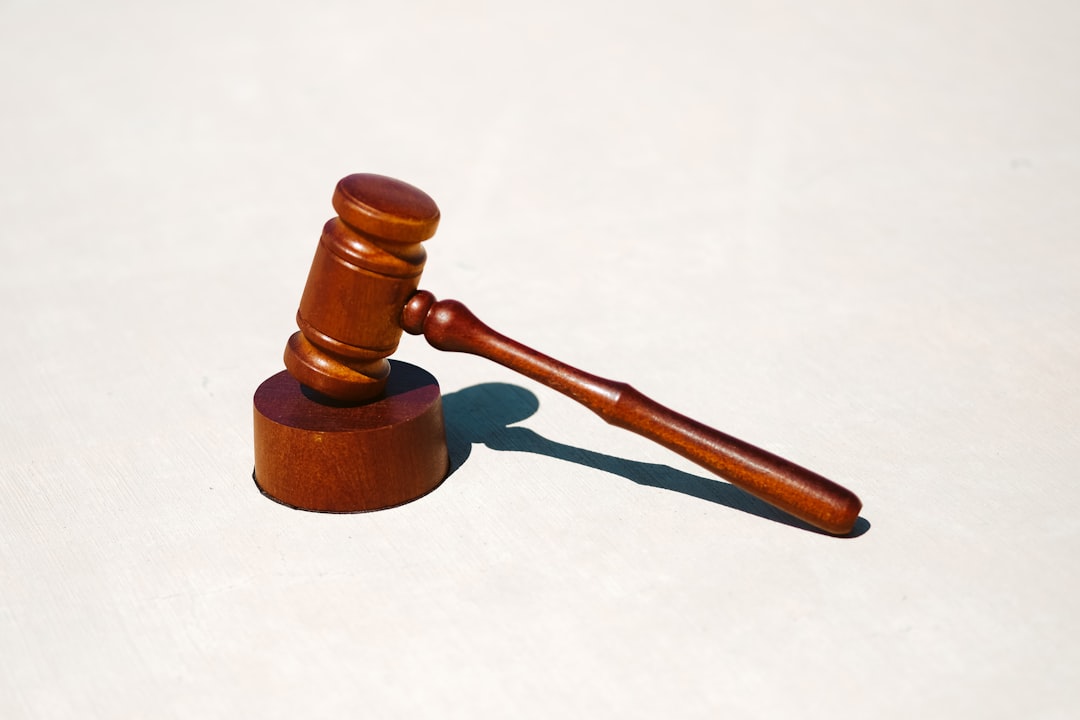Spam calls, driven by automated systems, are a common problem for Wisconsin residents, impacting privacy and causing stress. To combat this, Wisconsinites should familiarize themselves with state laws like the Telephone Consumer Protection Act (TCPA) and register on the Do Not Call list. Proactive measures include blocking unknown numbers, using call-blocking apps, and reporting suspicious calls. By educating themselves and taking collective action, communities can minimize spam incidents and create a safer environment in Wisconsin.
Spam calls are a persistent problem across Wisconsin, affecting residents from all walks of life. This article delves into the pervasive issue of unsolicited phone spam in the state, exploring its impact on consumers and the legal protections available. We provide practical strategies for individuals to combat spam calls locally, emphasizing community engagement and education as key tools. Learn effective methods to protect yourself and take action against these intrusive calls in Wisconsin.
Understanding Spam Calls: A Wisconsin Perspective

Spam calls, or unsolicited telephone marketing, have become a persistent problem for many Wisconsin residents. These calls often originate from automated systems or call centers, targeting individuals with pre-recorded messages promoting various products and services. While some may be harmless, others can be a nuisance, invade privacy, and even pose security risks by masking fraudulent activities. Understanding the sources and types of spam calls is the first step in combating this issue for Wisconsinites.
In Wisconsin, as in many other states, consumers are protected by laws that regulate telemarketing practices. However, with advancements in technology, scammers and marketers have found new ways to reach people. How to Stop Spam Calls Wisconsin? By educating themselves about common strategies and staying vigilant, residents can take proactive measures. This includes blocking unknown numbers, registering on the state’s Do Not Call list, and using consumer protection resources available online.
The Impact and Prevalence in the State

Spam calls, or unsolicited phone marketing, have become a prevalent and frustrating issue in Wisconsin, affecting residents across the state. With the rise of automated dialing systems, these unwanted calls can be relentless, often targeting individuals with pre-recorded messages promoting various products, services, or even fraudulent schemes. The impact is significant; many Wisconsinites feel their privacy invaded, leading to increased stress and a breakdown in trust.
According to recent studies, Wisconsin ranks among the states with higher rates of spam calls, with many residents receiving multiple such calls daily. This deluge of unwanted attention not only disrupts personal lives but also takes a toll on businesses, especially small local enterprises that may struggle to differentiate their legitimate calls from the spam. Understanding how to stop spam calls Wisconsin is more than just a convenience; it’s about reclaiming control over communication and ensuring a safer, less disruptive environment for all residents.
Legal Frameworks and Consumer Rights

In Wisconsin, as in many other states, there are robust legal frameworks in place to protect consumers from spam calls. The Telephone Consumer Protection Act (TCPA) is a federal law that restricts telemarketers’ practices and provides consumers with valuable rights. It’s crucial for residents of Wisconsin to understand these protections. Under the TCPA, they have the right to refuse receiving automated or prerecorded phone messages, often indicative of spam calls, by simply opting out. Consumers can also file complaints against violators with the Federal Trade Commission (FTC).
Additionally, Wisconsin has its own Do Not Call registry, which offers another layer of protection. Registering a number on this list restricts marketing calls from businesses within the state. Knowing their rights and utilizing these legal tools is essential for Wisconsinites to combat unwanted spam calls. Learn how to stop spam calls Wisconsin by familiarizing yourself with these regulations and taking proactive measures to safeguard your phone lines.
Practical Strategies for Local Engagement

To effectively combat spam calls in Wisconsin, residents can employ several practical strategies for local engagement. One key approach is to register on the state’s Do Not Call list. This official registry helps filter out unwanted calls from telemarketers and scam artists. Additionally, using call-blocking apps or features built into modern smartphones can significantly reduce the volume of spam calls received.
Another powerful tactic is to educate oneself and others about common scams and phishing attempts. Staying informed allows individuals to recognize and disregard suspicious calls. Encouraging neighbors and community members to share information about recent spam call experiences fosters a collective effort to identify and report malicious numbers. Local engagement through such initiatives strengthens the community’s resilience against spam calls, ensuring a safer and more peaceful environment for Wisconsin residents.
Community Education and Collective Action

Spam calls can be a significant nuisance, but community education and collective action offer powerful tools in the fight against them. By raising awareness about how spam calls operate and what to look out for, residents of Wisconsin can empower themselves. This includes learning to recognize common tactics used by scammers, understanding the legal protections available, and knowing when to report suspicious calls. Schools, community centers, and local government bodies can play a crucial role in disseminating this information through workshops, seminars, and digital campaigns.
Collective action is equally important. By sharing experiences, pooling resources, and coordinating efforts, communities can make significant strides in minimizing spam call incidents. This can involve creating local no-call registries, encouraging neighbors to participate, and supporting initiatives that promote better phone network security. Together, these measures not only help individuals but also contribute to a safer and more informed Wisconsin community as a whole, ensuring that everyone has a say in stopping spam calls from reaching their phones.






